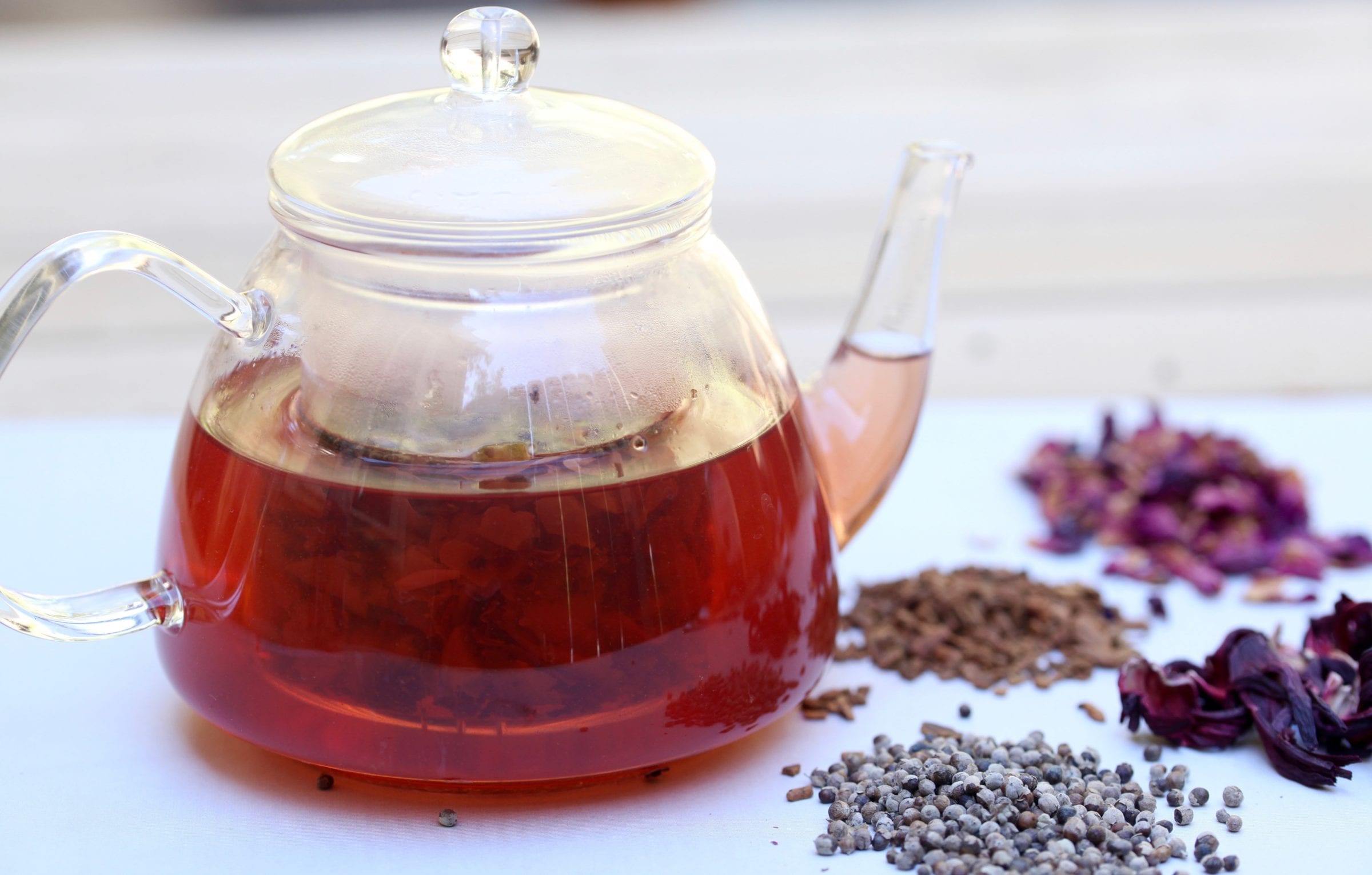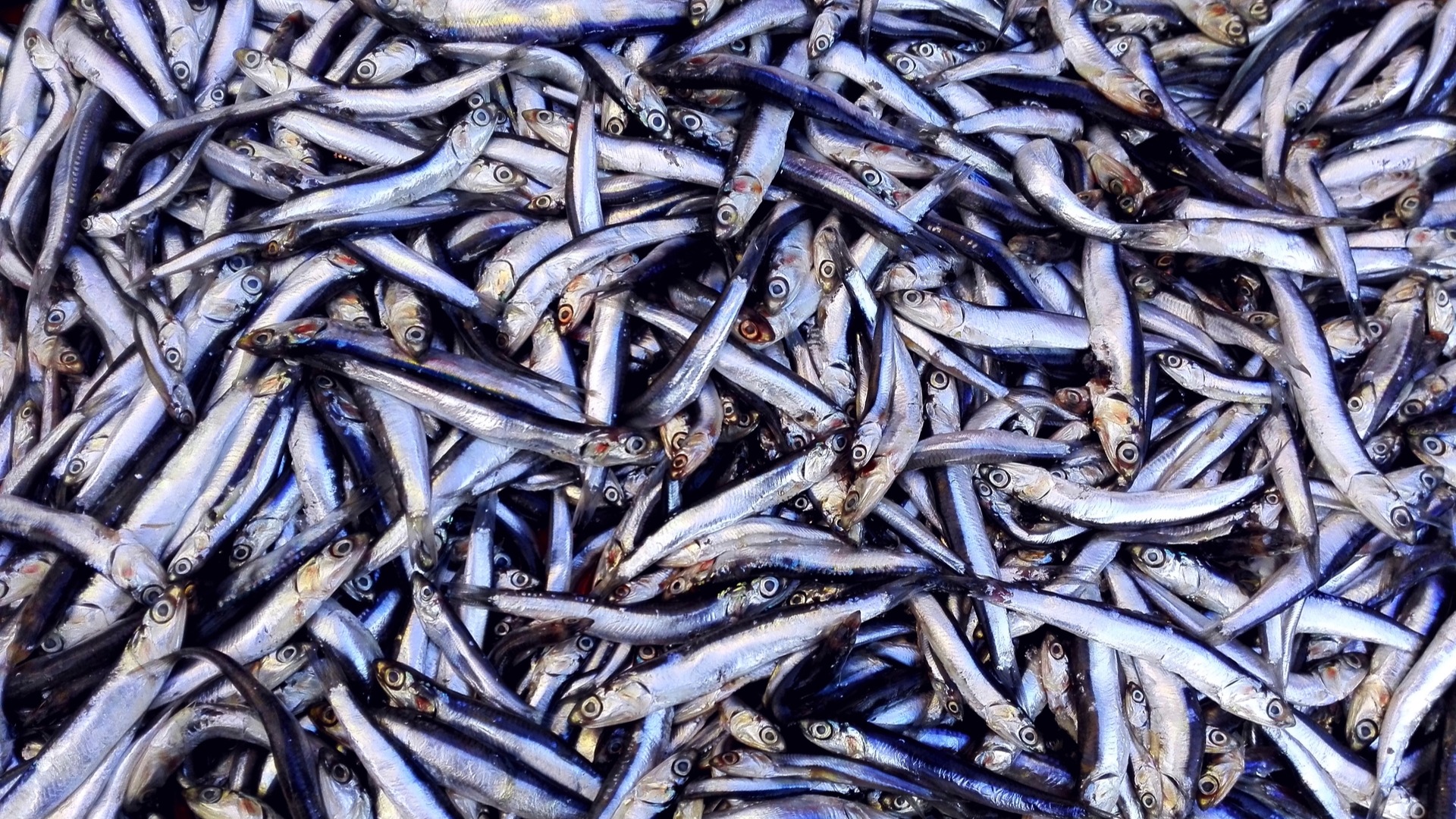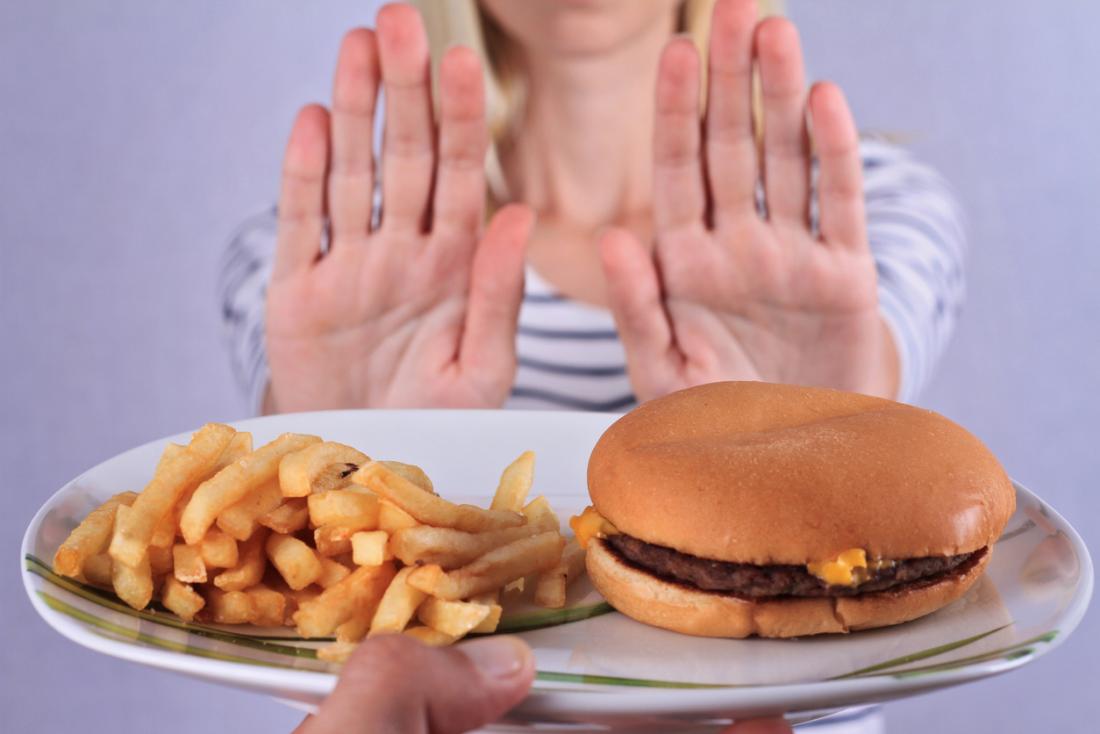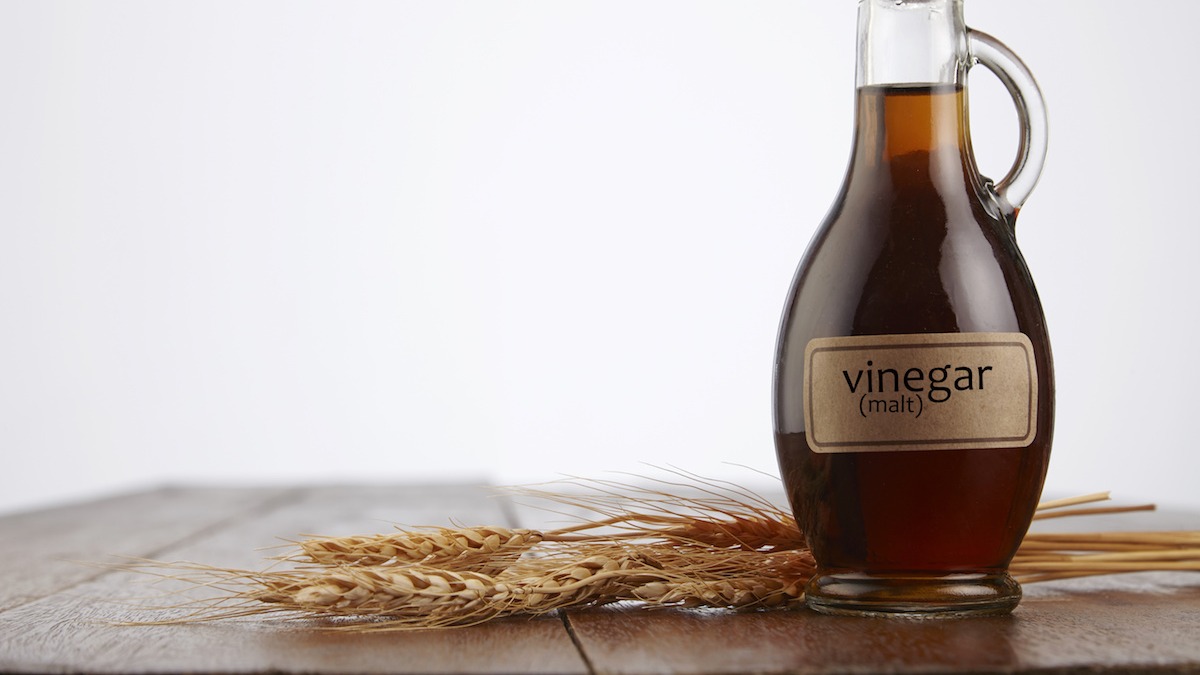Workout is a physical activity that promises many therapeutic results. But, contrary to what some people may think, these results don’t happen overnight. While it’s important that you remain patient, focused, and consistent with your workout routine, it’s also advised that you compliment your efforts with the best nutrition.
With the right nutrition, you can maximize your athletic performance and reach your workout goals faster. Here are some nutritional tips for implementing in your workout routine.
1. Don’t skip meals
Do you often skip meals? If you do, try not to keep up with the habit when working out, as it’s the wrong approach for long-term weight management and weight loss.
When you skip meals, you deprive your body of the fuel needed to power you during your workouts. And like a car without fuel, your body tends to break down when you engage in an exercise with an empty stomach.
A good way to ensure that you have enough energy to engage in your workout session without experiencing an increase or decrease in blood sugar levels is by spreading out your meals throughout the day. Your meals should contain nutrient-rich foods like whole grains, healthy fats and oils, and lean protein.
This approach aids in restoring energy levels and enhances overall performance, ensuring that your body receives the necessary nutrients to recover and thrive after each exercise session.
2. Go for protein post-workout
What do you do after working out? How do you ensure that your workout has the right effects on your body?
What about the torn muscles after working out? How do you repair them?
By consuming enough protein!
Consuming enough protein-rich foods after a workout can help repair and build your muscles. Common protein-rich foods to consider are:
- Eggs
- Tuna
- Lean meat
- Sot
- Diary
- Nuts
- Grains
- Beans
Taking these foods after a workout can improve your muscle growth. Always distribute your protein consumption throughout the day for the best results. You can also consider sports nutrition. It’s a better and faster alternative. It contains all food and nutrients that can support your exercise needs.
3. Take enough water
Ensure you consume enough water during your workout and throughout the day. The American Council on Exercise recommends drinking 7 to 10 ounces of fluid (approximately 1 cup of water) every 10 to 20 minutes during a workout.
Whether you are running, cycling, or lifting weight in a standard gym or at home, always ensure that you carry a water bottle with you. Dehydration while exercising can result in fatigue, cramping, and soreness, thus reducing your performance.
4. Portion Size
Working out on an empty stomach isn’t advisable. But that doesn’t mean you should overeat before exercising.
Of course, many people believe that eating excessively before a workout can boost their energy levels. But, unfortunately, that isn’t the case. If you eat too much pre-workout, you’ll feel sluggish. And if you decide to consume little food, you may lack the energy required to carry out your workout effectively.
So, what’s the way out? Here is a guideline to stick to:
Large meals: Take these at least three to four hours before training
Small meals or snacks: Take these about one to three hours before you kick start your workout
Conclusion
Nutrition plays an important role in exercising. Aside from complementing your efforts, the right nutrition helps support your recovery and ensures that torn tissues are repaired for max athletic performance.





